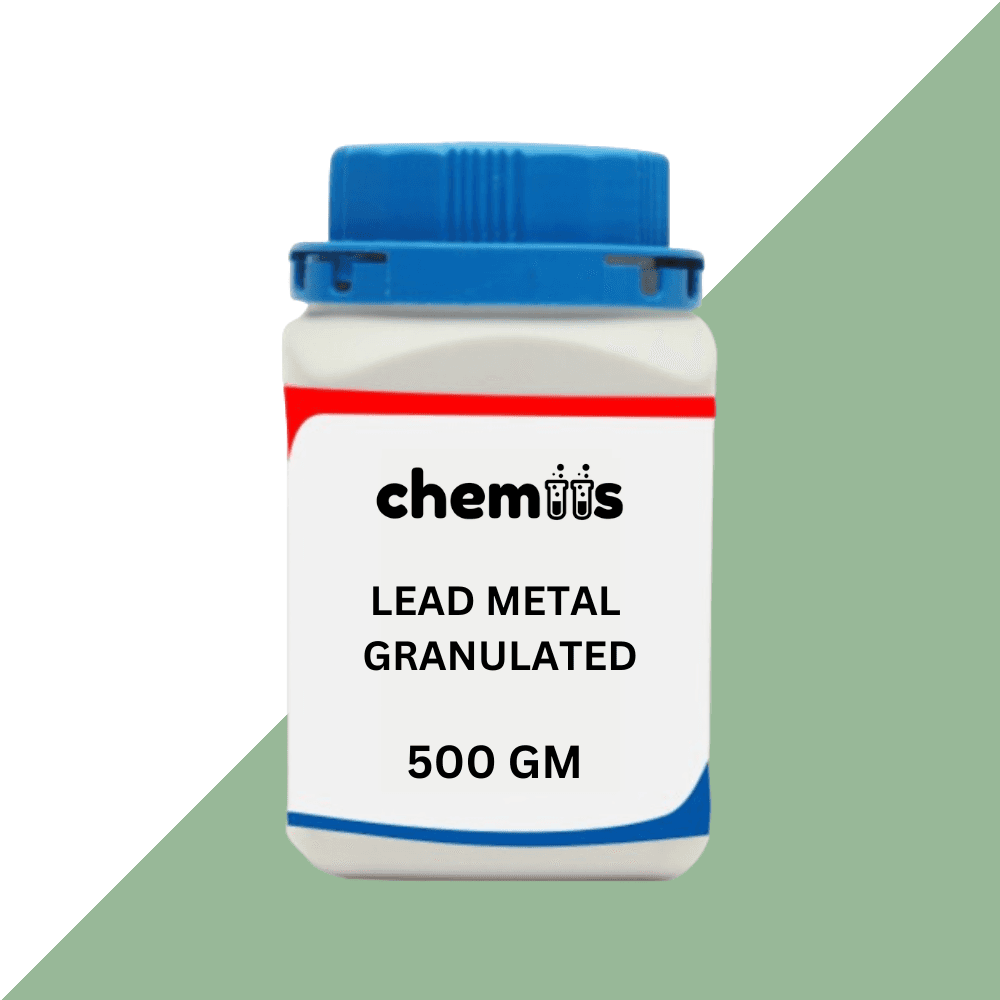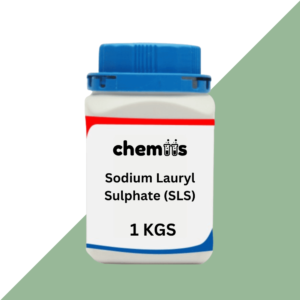Granulated lead metal, often referred to as lead granules, is a form of lead that has been processed into small, uniform particles. This form of lead is highly versatile and finds applications in various industries due to its density, malleability, and excellent radiation shielding properties. It is used in areas such as battery manufacturing, radiation shielding, and the production of specialized alloys.
Applications of Granulated Lead Metal
Granulated lead metal is widely used across industries for its unique properties. Key applications include:
1. Battery Manufacturing
- Used in the production of lead-acid batteries, a primary power source for vehicles, backup power systems, and industrial machinery.
- Its uniform particle size ensures efficient battery plate formation and consistent energy storage.
2. Radiation Shielding
- A critical material for radiation shielding in medical, industrial, and nuclear applications.
- Used in protective equipment, X-ray rooms, and nuclear reactors to block harmful radiation.
3. Specialized Alloys
- Combined with other metals to create alloys with specific properties, such as increased strength or corrosion resistance.
- Commonly used in the manufacturing of cables, weights, and seals.
4. Ammunition Production
- Granulated lead is a key material in the production of ammunition for firearms, providing weight and density for projectiles.
5. Soundproofing and Vibration Dampening
- Due to its density, lead granules are used in soundproofing materials to absorb vibrations and reduce noise in industrial and residential settings.
6. Counterweights and Balancing Applications
- Used as a counterweight in elevators, machinery, and aircraft to maintain balance and stability.
- Popular in maritime applications for ballast in ships and boats.
7. Water Treatment
- Occasionally used in water purification systems for specific industrial applications, although its use is limited due to environmental concerns.
Safety and Environmental Considerations
The toxicity of lead necessitates strict handling, storage, and disposal protocols:
- Health Risks: Prolonged exposure to lead can lead to serious health issues, including lead poisoning, neurological damage, and organ failure.
- Environmental Impact: Improper disposal can lead to soil and water contamination.
- Regulation: Many regions enforce stringent regulations on the use and disposal of lead to protect workers and the environment.








Karan Desai (verified owner) –
Delivered without damage.
Asha Fernandes (verified owner) –
Ordering was easy.
Charu Ghosh (verified owner) –
Very convenient service.
Payal Kamat (verified owner) –
Trustworthy platform.
Suraj Barman (verified owner) –
Great customer support.
Harshit Reddy (verified owner) –
Secure payment options.
Kusum Kumari (verified owner) –
Support team is very polite.
Chirag Vora (verified owner) –
Efficient and reliable.
Neha Kaur (verified owner) –
Found what I was looking for.
Manish Chauhan (verified owner) –
Product matches the description.